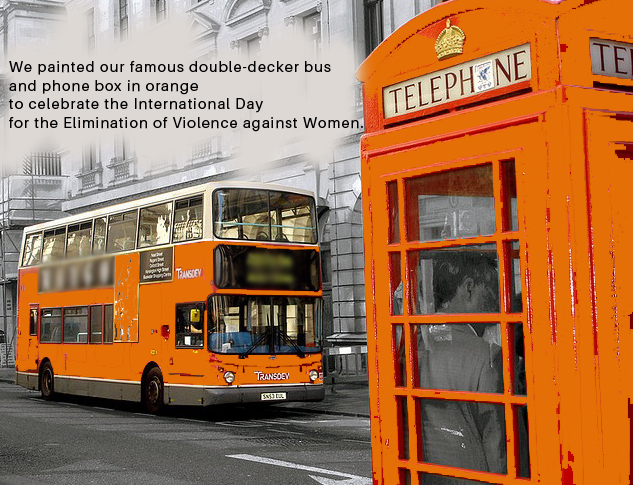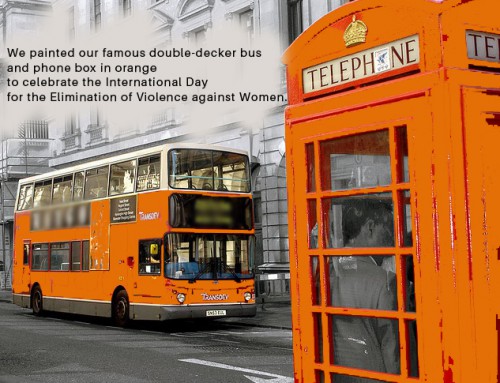25th November 2014 Tunis, Tunisia
Tunisia: protect survivors of sexual violence – by Naomi McAuliffe, Campaign Manager for Amnesty UK

To mark the International Day for the Elimination of Violence against Women we asked Naomi McAuliffe from Amnesty International UK to write a guest blog for us. We are delighted that she has agreed to do so.
Today marks the International Day for the Elimination of Violence Against Women and comes at a crucial time in Tunisia, as a comprehensive law on violence against women is being drafted and is expected to be presented to the authorities and members of civil society in the coming weeks.
Amnesty International has been campaigning over the last year for the Algerian, Moroccan and Tunisian authorities to protect survivors of rape and sexual violence, ensure their access to justice and provide the services and information they need to make recovery and end impunity against the perpetrators. Last week we handed over 198,000 signatures collected worldwide calling on the Tunisian authorities to end discrimination against women and girl survivors of sexual violence.
Amnesty International’s petition was accepted by the Minister for Health and Secretary of State for Women and Families at a well-attended press conference in Tunis last Tuesday (18th November), where they committed to take specific measures to combat gender-based violence and enact legislation that would further enshrine and protect women’s rights in Tunisia.
The case of Meriem Ben Mohamed, (not her real name), a 27-year-old woman who reported being raped by two police officers in Tunis in September 2012 but who found herself accused of indecency instead of seeing her complaint investigated, shook the country to the core. It exposed the obstacles faced by survivors of sexual violence. On 20th November, two days after our press conference, both police officers were sentenced to 15 years’ imprisonment on appeal. A court had initially sentenced them to seven years earlier this year, but Meriem’s lawyers successfully argued that the fact that they were state agents should be considered as aggravating circumstances.
Our event included numerous Amnesty International staff and activists from Tunisia, Morocco, Algeria, Sweden, the US and UK as well as prominent women’s rights organisations and activists from Tunisia. We welcomed Mohamed Salah Ben Ammar, Tunisia’s Minister of Health, statement that: “The Ministry (of Health) is working to create a legal medical department in Charles Nicolle Hospital, which will house a judicial unit specialised in gender-based violence to accommodate women who are victims of spousal violence (including rape).” The Minister also reiterated that the medical treatment of women who have suffered from sexual violence is now free of charge.
Neila Chaabane, Tunisia’s Secretary of State for Women and Families, declared that: “We will not accept this [gender-based] violence, and this problem concerns all Tunisians, men and women. This is a battle that affects the entirety of the society, and oppresses half of its members.” She added that the draft legislation must acknowledge and remedy all forms of violence against women—including physical, sexual, psychological, and economic violence.
This year has been an historical one for women’s rights in Tunisia as it adopted a new constitution in January that established strong constitutional protections for women, and officially withdrew its reservations to the Convention on the Elimination of All Forms of Discrimination against Women (CEDAW) in May. With this renewed commitment to eliminating gender-based violence, Tunisia is at the forefront of the fight against gender-based violence in the Middle East and North Africa region.
But there is still much work to do. Amnesty International will continue to work alongside women’s rights organisations in Tunisia to ensure that laws conform to international human rights standards and that in practice women and girls have access to justice, health and support services. Laws are just the start; we need to change longstanding discriminatory attitudes that perpetuate violence against women and girls and to ensure they live free from sexual violence.
